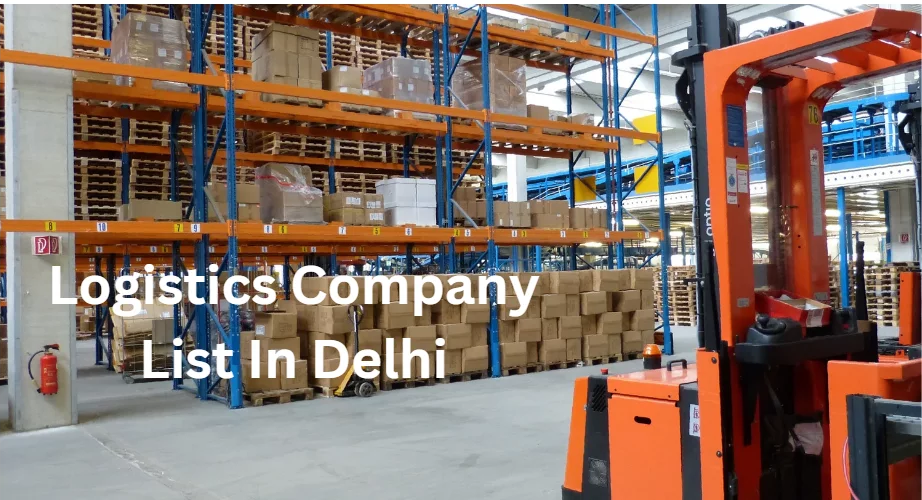
Challenges and Innovations in Logistics Services: Navigating the Complex Terrain of India
Introduction:
Logistics services play a pivotal role in any economy, acting as the backbone that connects manufacturers, suppliers, and consumers. In the case of India, a country known for its diverse geography, burgeoning population, and rapidly growing economy, the logistics sector faces a unique set of challenges and opportunities. This article explores the challenges faced by logistics services in India and highlights some of the innovative solutions that are emerging to address these issues.
Challenges in the Indian Logistics Sector:
-
Infrastructure Bottlenecks: India's vast and varied terrain poses significant challenges to logistics infrastructure development. Poor road conditions, inadequate railways, and congested ports contribute to delays and increased costs for logistics providers.
-
Regulatory Complexities: The logistics sector in India is subject to a complex web of regulations, with different states having their own set of rules. This creates a fragmented regulatory environment, making it difficult for logistics companies to operate seamlessly across the country.
-
Inefficient Warehousing: Warehousing facilities in India often lack modern technology and automation, leading to inefficiencies in inventory management and order fulfillment. This results in increased lead times and higher operational costs.
-
Last-Mile Connectivity: The last mile of delivery, particularly in urban areas, poses a considerable challenge. Congested traffic, narrow lanes, and a lack of addressing systems can make timely and accurate deliveries a daunting task.
-
Skilled Manpower Shortage: The logistics industry requires skilled professionals for various functions, including supply chain management, data analytics, and technology integration. However, there is a shortage of skilled manpower, hindering the sector's growth.
Innovations Transforming Indian Logistics:
-
Digitalization and Technology Integration: Embracing digital technologies such as IoT (Internet of Things), RFID (Radio-Frequency Identification), and GPS tracking has become imperative for streamlining logistics operations. These technologies enhance visibility, traceability, and overall efficiency in the supply chain.
-
Blockchain for Transparency: Blockchain technology is being increasingly adopted to enhance transparency and traceability in the supply chain. It helps in creating a secure and unalterable record of transactions, reducing fraud and errors.
-
E-commerce Integration: The booming e-commerce industry in India has led to the integration of logistics services with online platforms. Collaborations between logistics providers and e-commerce companies have resulted in innovative solutions such as same-day deliveries and real-time tracking.
-
Automated Warehousing: The adoption of automated warehousing solutions, including robotics and artificial intelligence, is on the rise. These technologies improve efficiency in inventory management, order picking, and packing, reducing human errors and operational costs.
-
Multimodal Transportation: To overcome the challenges posed by inadequate road and rail infrastructure, logistics providers are increasingly adopting a multimodal transportation approach. This involves combining road, rail, air, and sea transport to optimize cost and delivery times.
-
Government Initiatives: Recognizing the critical role of logistics in economic development, the Indian government has launched initiatives such as the Goods and Services Tax (GST) and the Sagarmala project. These initiatives aim to simplify taxation and improve port infrastructure, respectively, contributing to a more efficient logistics ecosystem.
-
Skill Development Programs: Addressing the shortage of skilled manpower, various skill development programs and training initiatives are being introduced. These programs focus on equipping individuals with the necessary skills for different roles within the logistics sector.
Conclusion:
The logistics services in India faces formidable challenges, but the landscape is evolving with innovative solutions and strategic initiatives. As the country continues to experience economic growth and technological advancements, the logistics industry will play a pivotal role in facilitating seamless movement of goods. By addressing infrastructure bottlenecks, embracing digitalization, and fostering collaboration between stakeholders, India's logistics sector is poised for a transformative journey. As these innovations take root, the future promises a more efficient and interconnected logistics ecosystem, contributing significantly to the nation's economic development.